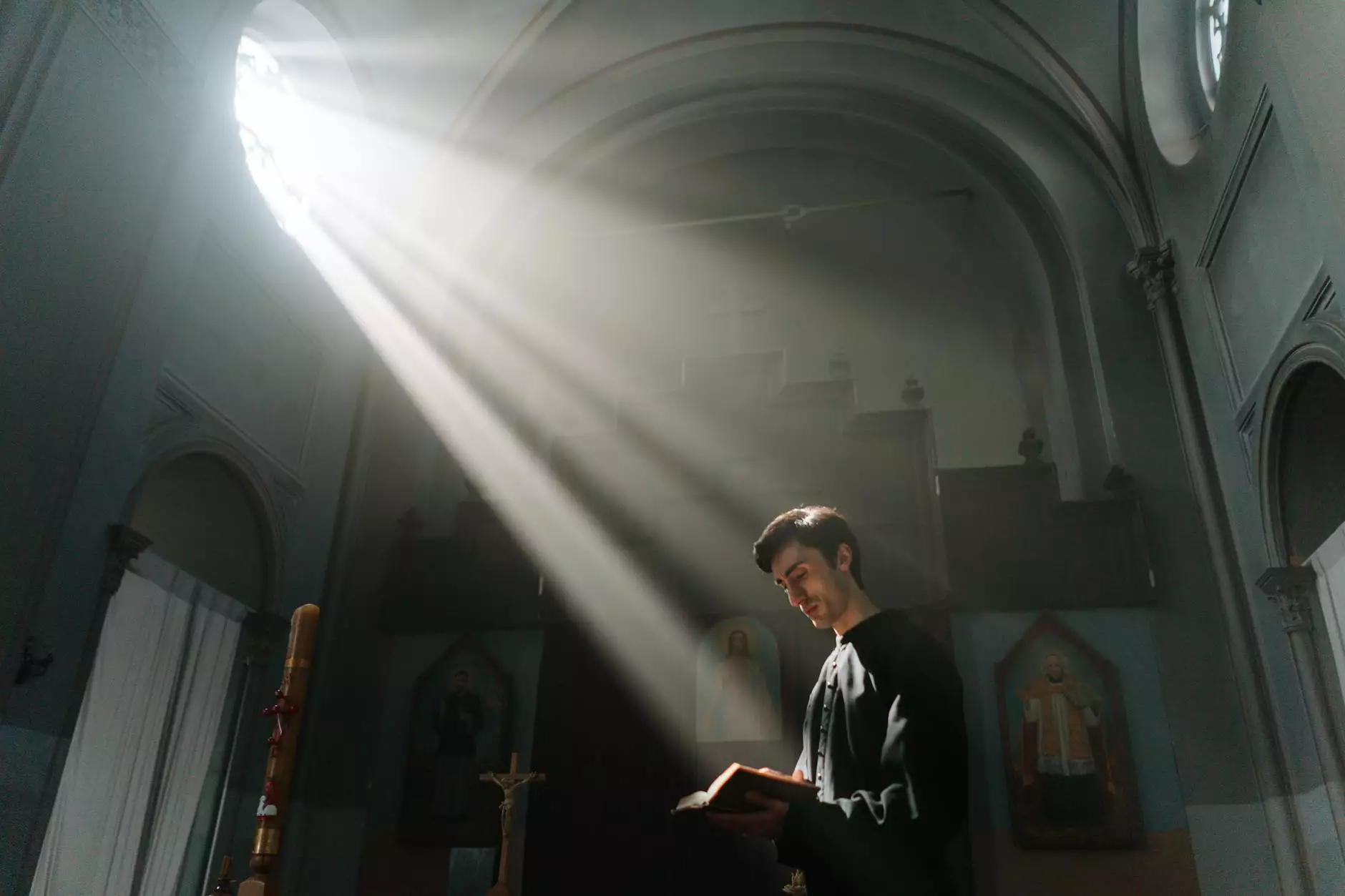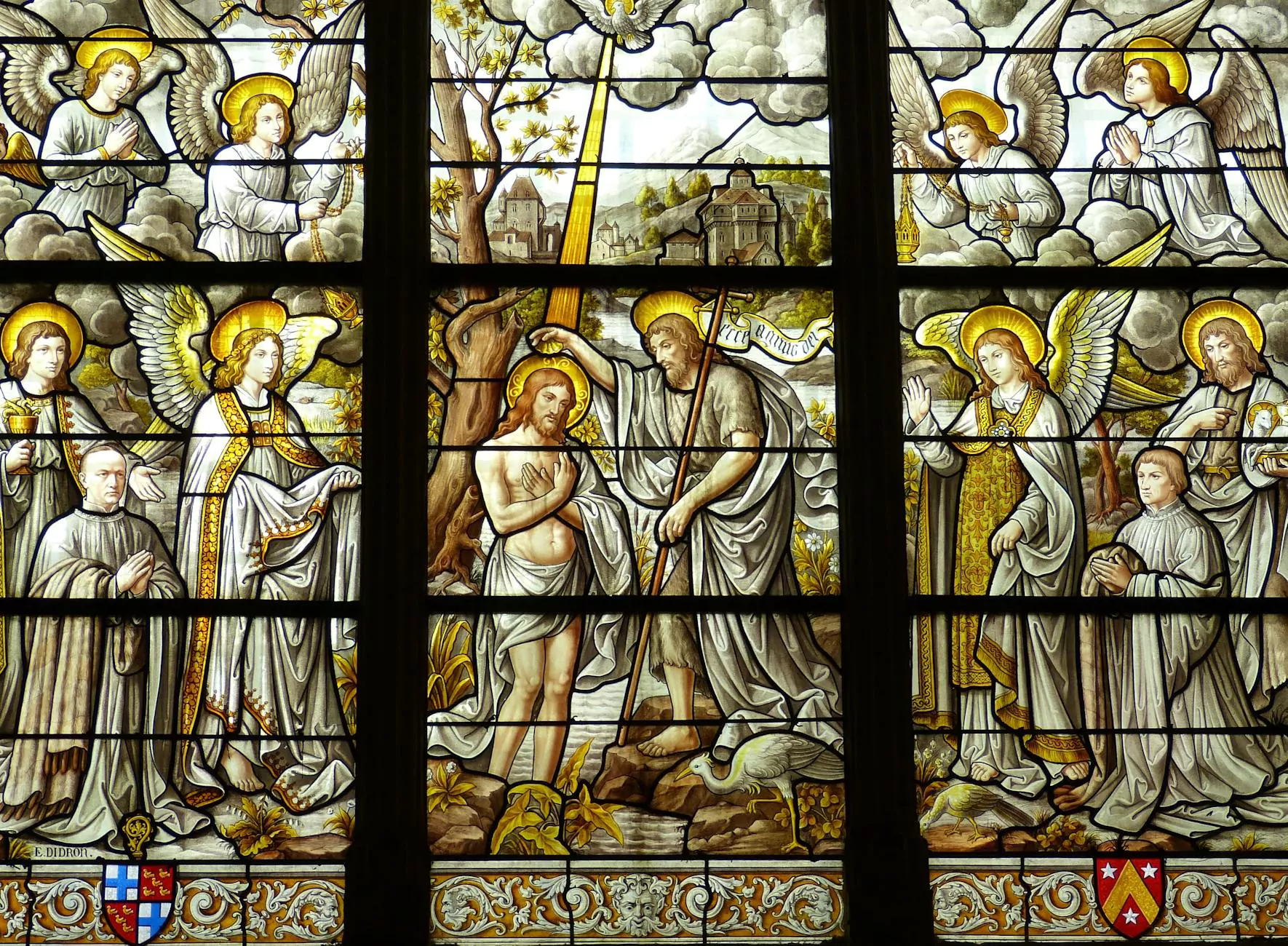Deconstructing the De-conversion of Rhett & Link, Part 1
Nourish and Cherish
Introduction
Welcome to Ambassadors For Christ Ministries, your trusted source for thought-provoking discussions on faith and beliefs. In this article, we delve into the fascinating de-conversion journey of Rhett & Link, two prominent figures in the online world. Join us as we explore the complexities of their religious beliefs and the factors that led to their transition away from their previously held faith.
The Background Story
Rhett & Link, known for their successful podcast and YouTube channel, have amassed a large following over the years. Many fans were initially drawn to their humor, creativity, and engaging content. However, what has sparked significant interest and discussion recently is their public acknowledgement of their de-conversion from their once deeply-held religious beliefs.
Early Religious Upbringing
Rhett & Link were raised in a conservative Christian environment, where they were exposed to the teachings and traditions of their faith from a young age. The influence of their religious upbringing played a significant role in shaping their worldview throughout their formative years.
The Turning Point
As they gained popularity and their platform expanded, Rhett & Link began questioning some of the core tenets of their faith. In an effort to reconcile their personal experiences and the beliefs they had grown up with, they embarked on a journey of introspection and self-discovery. This led to a series of conversations, debates, and extensive research on various perspectives regarding matters of faith, science, and philosophy.
Factors Contributing to De-conversion
The de-conversion process is a complex and deeply personal one, shaped by a variety of factors. Here, we explore some key elements that influenced Rhett & Link's decision to question and ultimately separate themselves from their religious beliefs:
Doubts and Questions
Their rise to prominence prompted Rhett & Link to confront deep-seated doubts and questions regarding the compatibility of their faith with the world they encountered in their professional lives. As they encountered differing perspectives and engaged in critical discussions, these doubts began to erode the foundation of their once unwavering convictions.
Lifestyle and Authenticity
Another influential aspect behind their de-conversion was the desire to be authentic to themselves and their audience. Rhett & Link felt the need to align their public persona with their personal beliefs and values. This led to a closer examination of their faith and a reassessment of its compatibility with their evolving understanding of the world.
Mental and Emotional Challenges
De-constructing deeply held beliefs can be an emotionally and mentally taxing process. Rhett & Link experienced internal conflicts, grappling with the implications of their doubts and the potential impact on their relationships with loved ones and their fan base. Their journey was marked by moments of vulnerability, introspection, and significant personal growth.
The Ongoing Dialogue
It is essential to approach discussions surrounding faith, de-conversion, and personal beliefs with empathy and respect. The de-conversion of Rhett & Link serves as a catalyst for introspection and dialogue, encouraging individuals from diverse backgrounds to engage in open-minded conversations about their own faith journeys.
Support and Community
Ambassadors For Christ Ministries aims to provide a safe space for individuals searching for answers, support, and a community built on understanding and compassion. We believe that everyone's journey is unique and should be met with love and respect, regardless of their religious beliefs or lack thereof.
Stay Tuned for Part 2
This article serves as an introduction to the de-conversion journey of Rhett & Link. Stay tuned for Part 2, where we will delve further into the specific events, challenges, and reflections that shaped their religious transition. Ambassadors For Christ Ministries is committed to fostering a balanced and informed discussion surrounding faith, guiding individuals towards a deeper understanding of themselves and their beliefs.










